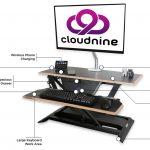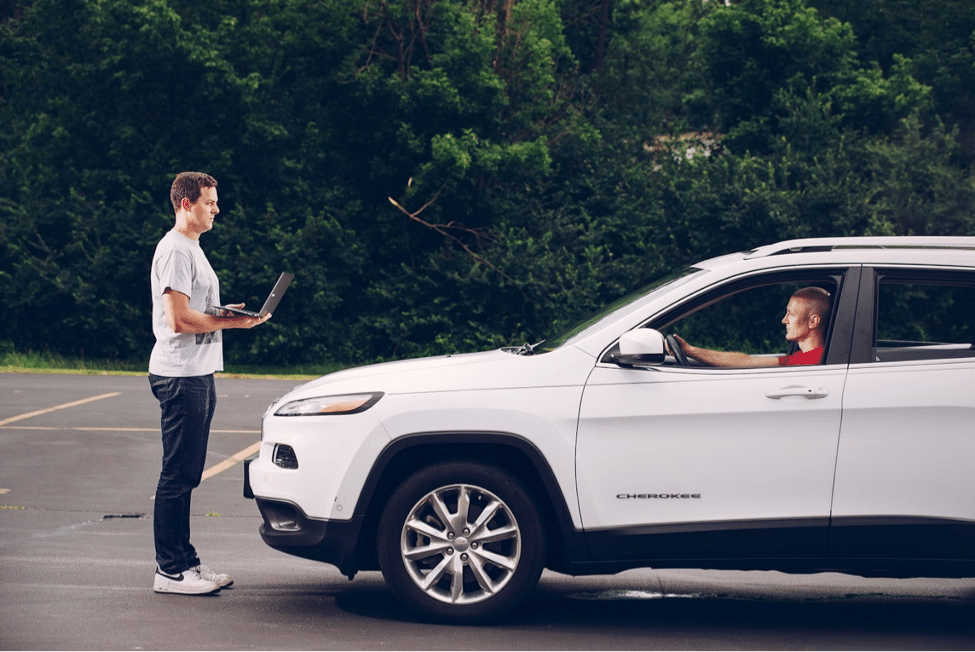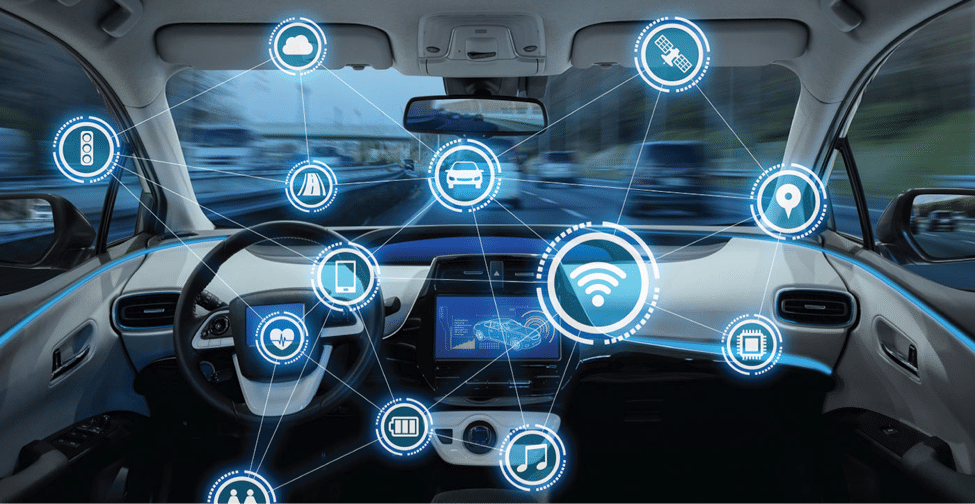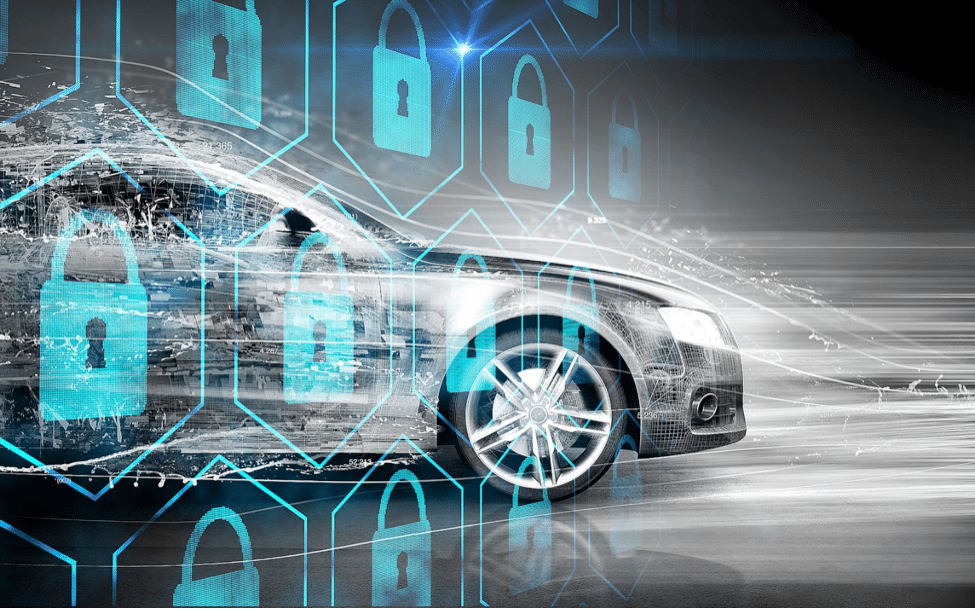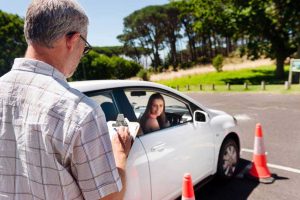Connected cars are increasingly hitting the streets, joining the revolutionary ride of digital transformation.
For instance, you can use voice recognition to control almost everything in the car. You can make phone calls, send messages, lock the car remotely, and even conduct remote fuel-status checks.
It goes without saying that connected cars can make your life significantly easier. But are they more secure than regular vehicles? In terms of cybersecurity, not so much.
One of the reasons why connected car owners fail to understand how important it is to take care of this aspect is the lack of information.
Car hacking is a very real threat, but you can prevent it from happening to you. Before exploring the steps to achieving that, take a look at cybersecurity risks you should be aware of.
Cybersecurity Risks of Connected Cars
When you connect your car to the internet, a cybercriminal could easily hack it, just like any other IoT device.
A Norwegian security firm Promon demonstrated car hacking in a very interesting way. They hacked the Tesla Model S to show how easy it is to hack a connected car using a phishing scam.
They sent an offer for a free burger from a nearby burger joint to the test driver. To get the free meal, the driver needed to install the restaurant’s app. However, the app was malware-capable of taking full control of the vehicle.
Once a hacker gets into your car’s system, they can get their hands on very sensitive data. It then becomes possible to find out your driving habits and steal your car while you’re at work. This can easily be done by monitoring your car’s microphone to find out your security mechanisms.
Hackers can even track your everyday movements and use them to find out when you’re not home so that they can break in. They can also disable your system, and ask for a ransom to give you back control of your car
Worst case scenario, attackers can take over your car’s controls and cause a crash.
What Can You Do to Prevent Car Hacking?
According to the latest statistics on connected cars by Statista, the number of such cars should hit 64 million this year. This number calls for some serious solutions to car hacking.
Luckily, there are some steps you can take to prevent yourself from falling victim to car hacking.
It’s crucial that you regularly update your connected car’s software. These updates usually include essential security patches. However, make sure to triple-check that every update is legitimate. The best thing you can do is contact your auto manufacturer whenever there’s a new update, to make sure it’s them.
No matter how tempting it may be to connect your vehicle to a public WiFi hotspot, don’t do it. Public WiFi isn’t encrypted, which makes it unsafe. Even a rookie hacker could easily gain access to any device using public WiFi.
The same goes for the smartphone you connect to your car. If it’s using a public WiFi, it makes your car vulnerable. In turn, it makes you an easy target for phishing scams.
The best thing you can do to protect your car against hacking is to install the best VPN you can find. It will encrypt your internet connection, making you completely anonymous online.
This means that no one will be able to gain control of your connected devices, including your vehicle. You can safely connect to any public WiFi because a VPN will encrypt that connection. All of your data will remain safe and secure, preventing anyone from snooping around.
Your Safety is in Your Hands
As you can see, car hacking is very real. You may think that you’re not a very attractive target to hackers, but you very well may be. Don’t take this problem lightly, and think that it won’t happen to you. What if it does? Can you afford to have someone steal your car, request a ransom, or rob your home?
Even if you can, it certainly isn’t something you should allow. A car hack can cause even more problems than you could even imagine. On a scarier note, you don’t want anyone to control your car and cause a road accident. So, follow the tips mentioned above, make sure to read additional sources on this topic, and take care of your safety today.



